Are coronavirus immunity certificates really such a good idea?
The precedent of requiring special papers to appear in public is troubling

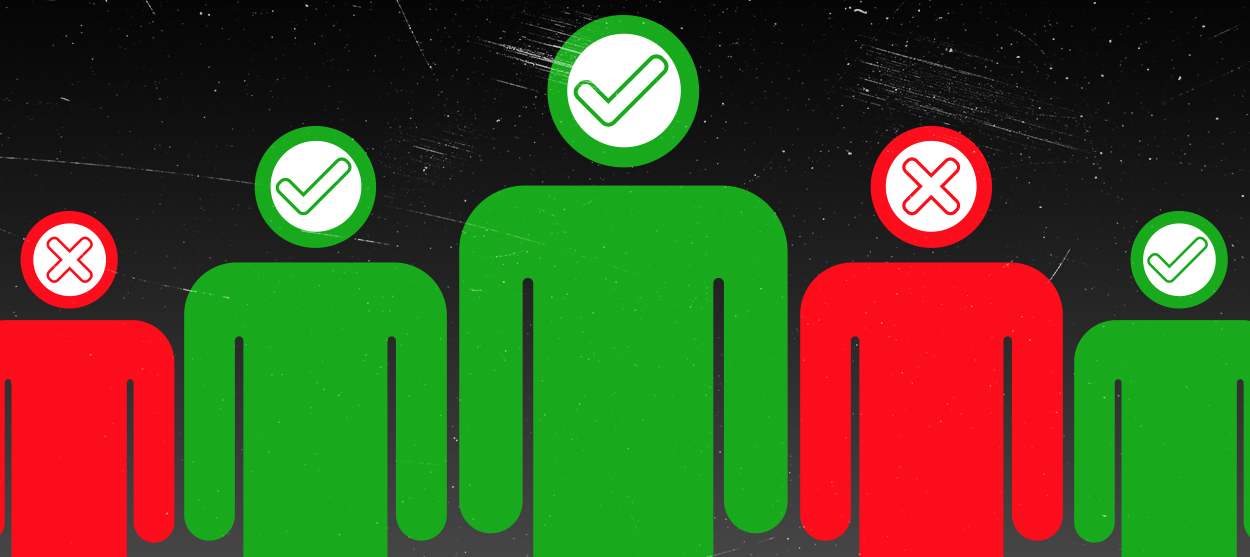
A free daily email with the biggest news stories of the day – and the best features from TheWeek.com
You are now subscribed
Your newsletter sign-up was successful
The Mayo Clinic will debut an antibody test for the novel coronavirus next week. Intended to bolster Minnesota's unique plan to grapple with the COVID-19 pandemic, the test could allow those who have recovered from the virus — and thus may have immunity — to return to normal life and work more quickly. "Potentially [it could] help redeploy health-care workers and other individuals back into the workforce," said Mayo researcher Dr. Elitza Theel. "It's an important test from a public health perspective."
It is indeed, which is why Mayo isn't the only place working on something like this. In Germany, antibody test kits for home sampling may soon be available on a large scale — with a twist, as Der Spiegel reported last week: Those who test positive for antibodies might be issued "immunity certificates." "The immune system could be given a type of vaccination card that, for example, allows [immune people] to be exempted from restrictions on their work," explained epidemiologist Gérard Krause.
This is a proposal with obvious appeal, possibly a way to move our economic and social lives back toward normalcy without risking the efficacy of the pandemic response. But the precedent of requiring special papers to appear in public is troubling. The history of "papers, please" is not exactly a shining beacon of freedom. Rightly does the phrase, in American minds, summon visions of Nazis and Soviets.
The Week
Escape your echo chamber. Get the facts behind the news, plus analysis from multiple perspectives.

Sign up for The Week's Free Newsletters
From our morning news briefing to a weekly Good News Newsletter, get the best of The Week delivered directly to your inbox.
From our morning news briefing to a weekly Good News Newsletter, get the best of The Week delivered directly to your inbox.
Are coronavirus immunity certificates such a good idea?
I posed this question to Chelsea Boyd, a research associate in harm reduction at the libertarian R Street Institute with a master's in epidemiology. "Simply from a logistics perspective, I'm not sure how a large country would manage to process certificate requests and validate test results with any measure of speed, accuracy, or equity," she said. Something may be feasible in Germany — with a quarter of the United States' population in a 27th of the territory — but impossible here.
Yet bureaucratic limitations weren't the only issue Boyd raised. Another is the nature of antibody testing itself, coupled with what we simply don't know about COVID-19 immunity. Antibody tests don't "differentiate between a remitted infection and an active infection," she noted, and home testing (like that planned in Germany) is "generally considered less reliable than lab-confirmed testing." That's not to say it's worthless, only that user error and test precision are real concerns (compare, for example, home pregnancy tests to those done by a doctor or midwife).
Furthermore, though "evidence strongly suggests that after a person recovers from COVID-19 they are immune to reinfection, at least in the short term," Boyd told me, we don't know that for certain or if the short term is weeks, months, or years. And immunity certificates "are meaningless," she continued, "if COVID-19 immunity isn't complete or lasting." A certificate system could even become dangerous, Boyd warned, if it were used as a substitute for a "robust" public health response to keep health-care facilities from being overwhelmed and "eventually decrease spread enough that we can go back to using case identification, isolation, and contact tracing as the primary means of preventing subsequent outbreaks."
A free daily email with the biggest news stories of the day – and the best features from TheWeek.com
I also spoke with Patrick Eddington, a Georgetown University professor and research fellow in homeland security and civil liberties at the Cato Institute. He highlighted enforcement and privacy risks in the certificate plan. Would the government "send agents to people's homes to verify the authenticity of the certificate?" he asked. "Are they going to do so at places of work — like an Amtrak train conductor coming around to verify your ticket? Will each certificate's data be maintained in a centralized database along with other personally identifiable information" for millions of people? The temptation to hackers would be enormous — to say nothing of future misuse by our government itself.
Boyd and Eddington both raised another risk of immunity certificates: fraud, whether via faking home test results, as Boyd suggested, or forging or buying black market forgeries of the certificates, as Eddington mentioned. The economic value of an immunity certificate would be enormous, and plenty of people would be desperate enough to lie or pay to get one. Others would deliberately contract a COVID-19 infection with perhaps misplaced confidence that they would quickly recover and be duly certified to go back to work.
None of this is to say mass testing isn't a vital part of our response to the novel coronavirus. Eddington argued for imitation of the South Korean model, which relied on rapid, widespread testing, and Boyd predicted "antibody testing and confirmed immunity will play some role in every area's plan to relax social distancing measures."
Rather, it's a word of caution against turning test results into a formal, police-enforced requirement of public life. The health benefits likely would be fewer than we might hope, and the risk of unintended consequences — in public health, privacy and other civil liberties, crime rates and policing — is too high.
Instead of the "papers, please" route, we may simply have to trust each other, to extend a little further our necessary, constant, unconscious reliance on the goodwill and decency of strangers.
Bonnie Kristian was a deputy editor and acting editor-in-chief of TheWeek.com. She is a columnist at Christianity Today and author of Untrustworthy: The Knowledge Crisis Breaking Our Brains, Polluting Our Politics, and Corrupting Christian Community (forthcoming 2022) and A Flexible Faith: Rethinking What It Means to Follow Jesus Today (2018). Her writing has also appeared at Time Magazine, CNN, USA Today, Newsweek, the Los Angeles Times, and The American Conservative, among other outlets.
-
 Health insurance: Premiums soar as ACA subsidies end
Health insurance: Premiums soar as ACA subsidies endFeature 1.4 million people have dropped coverage
-
 Anthropic: AI triggers the ‘SaaSpocalypse’
Anthropic: AI triggers the ‘SaaSpocalypse’Feature A grim reaper for software services?
-
 NIH director Bhattacharya tapped as acting CDC head
NIH director Bhattacharya tapped as acting CDC headSpeed Read Jay Bhattacharya, a critic of the CDC’s Covid-19 response, will now lead the Centers for Disease Control and Prevention
-
 Why some people remember dreams and others don't
Why some people remember dreams and others don'tUnder The Radar Age, attitude and weather all play a part in dream recall
-
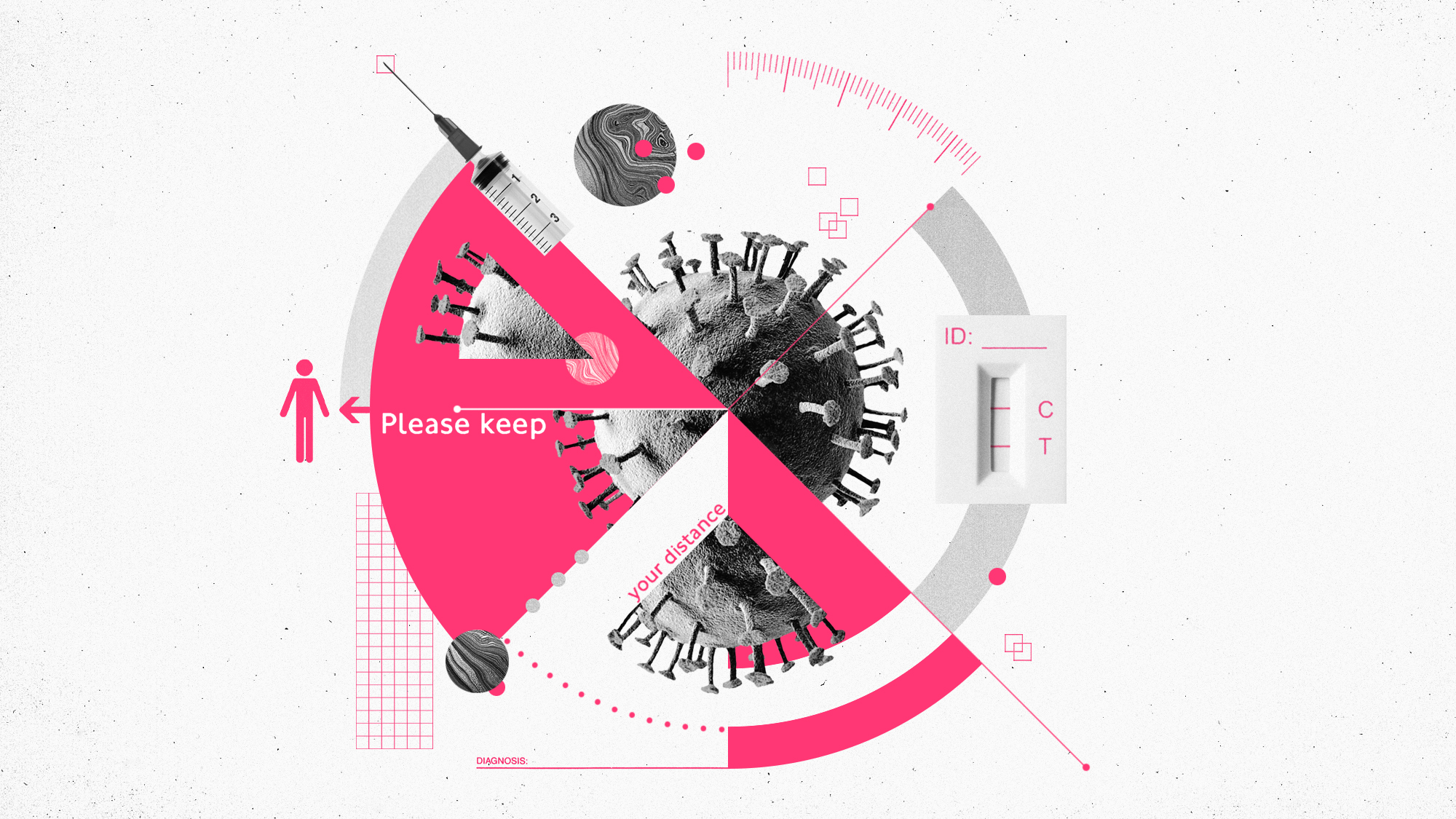 What does Covid look like in 2024?
What does Covid look like in 2024?Today's Big Question Disease experts are calling for closer monitoring as new variant fuels rise in infections
-
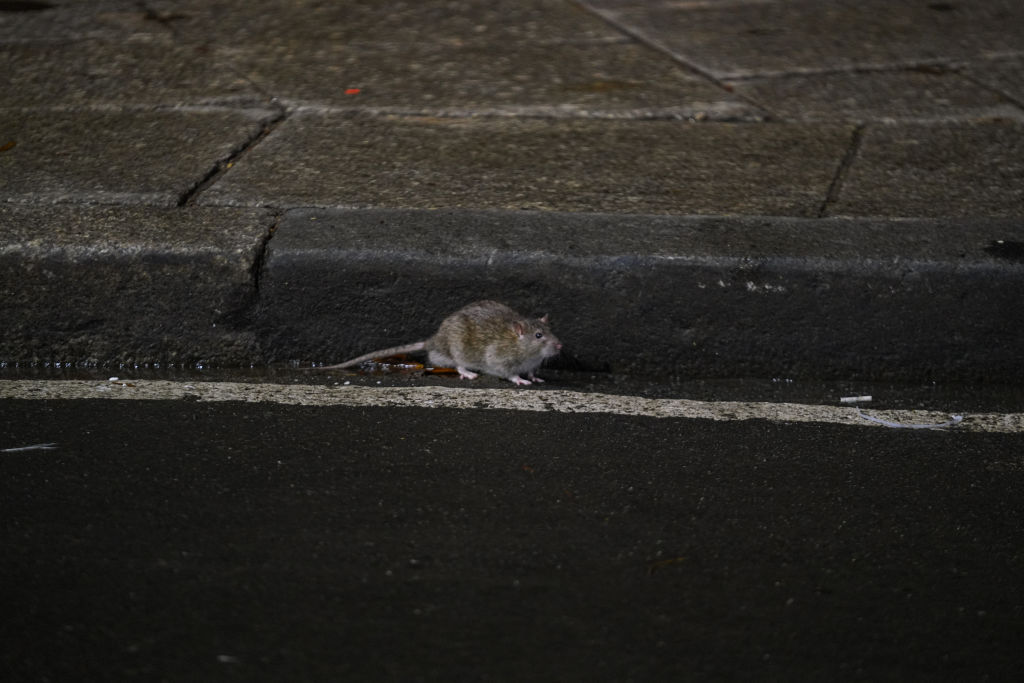 Even New York City rats can get COVID, study finds
Even New York City rats can get COVID, study findsSpeed Read
-
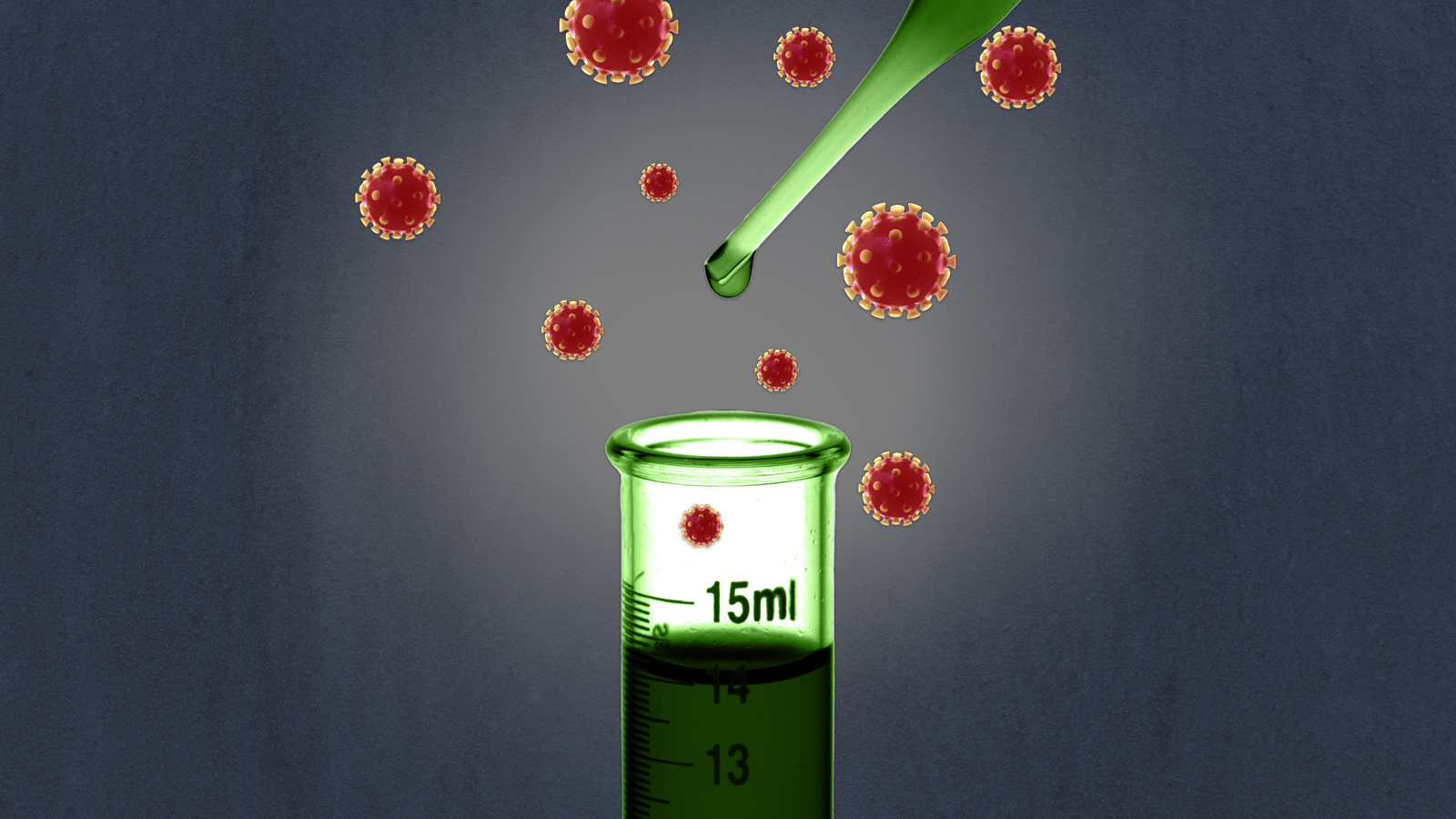 COVID 'lab leak' theory: Does the DOE's assessment hold water?
COVID 'lab leak' theory: Does the DOE's assessment hold water?Instant Opinion The sharpest opinions on the debate from around the web
-
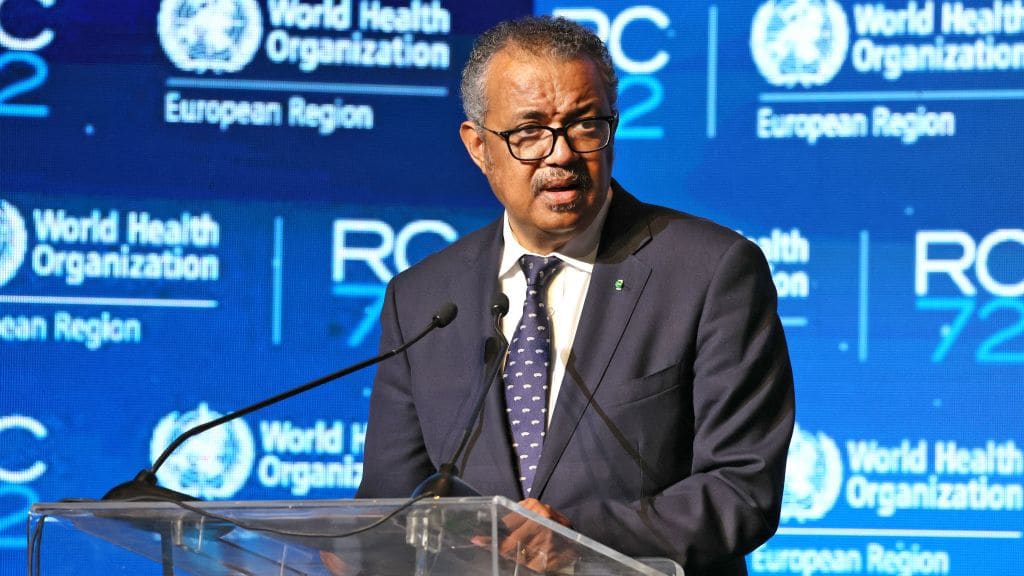 WHO chief says COVID's end is 'in sight'
WHO chief says COVID's end is 'in sight'Speed Read
-
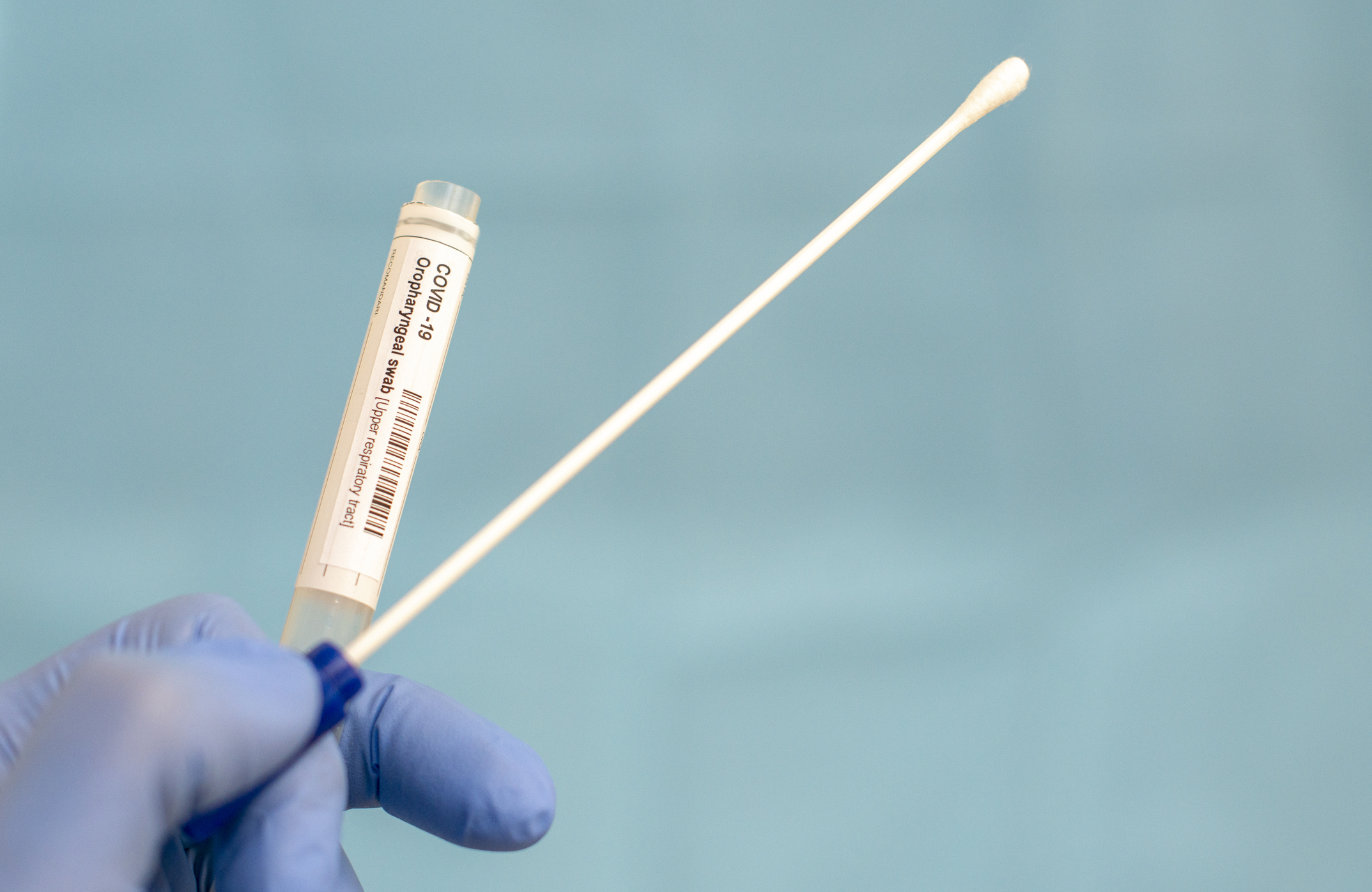 COVID elevates risk of neurological issues, study suggests
COVID elevates risk of neurological issues, study suggestsSpeed Read
-
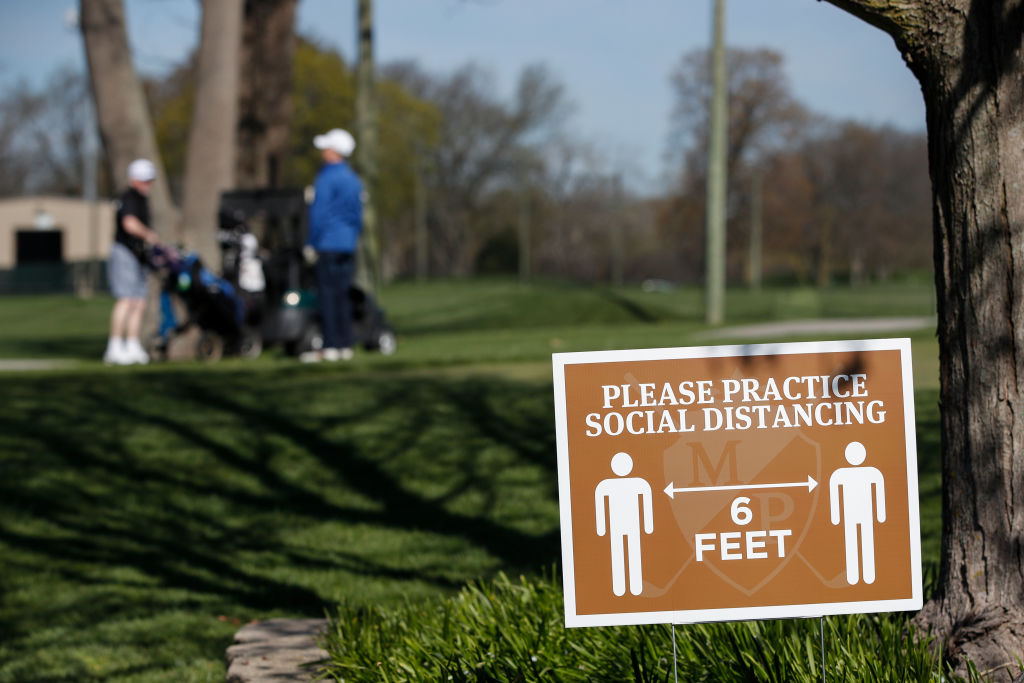 CDC relaxes COVID-19 guidelines on quarantines, social distancing
CDC relaxes COVID-19 guidelines on quarantines, social distancingSpeed Read
-
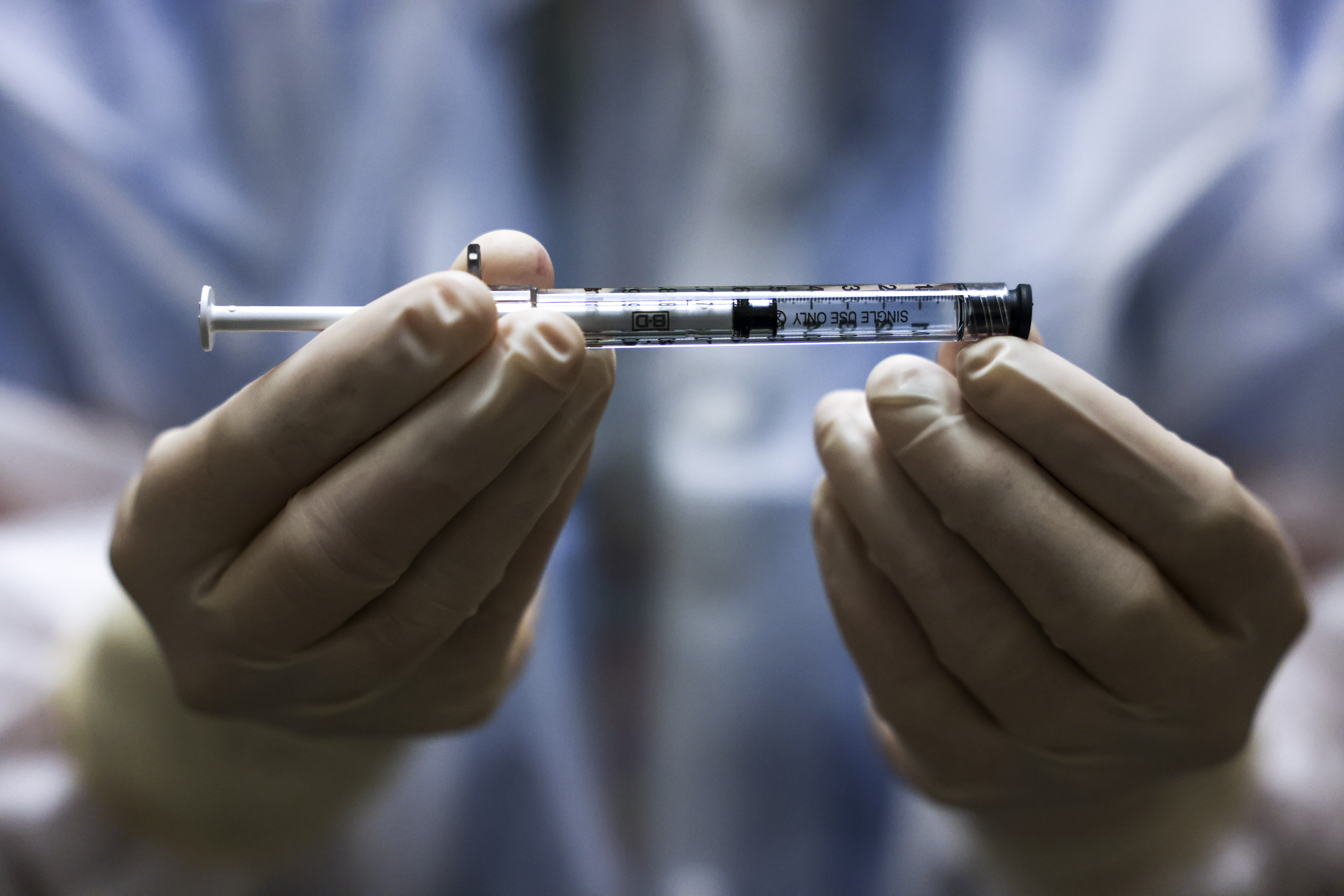 FDA restricts Johnson & Johnson COVID vaccine due to blood clot risk
FDA restricts Johnson & Johnson COVID vaccine due to blood clot riskSpeed Read
